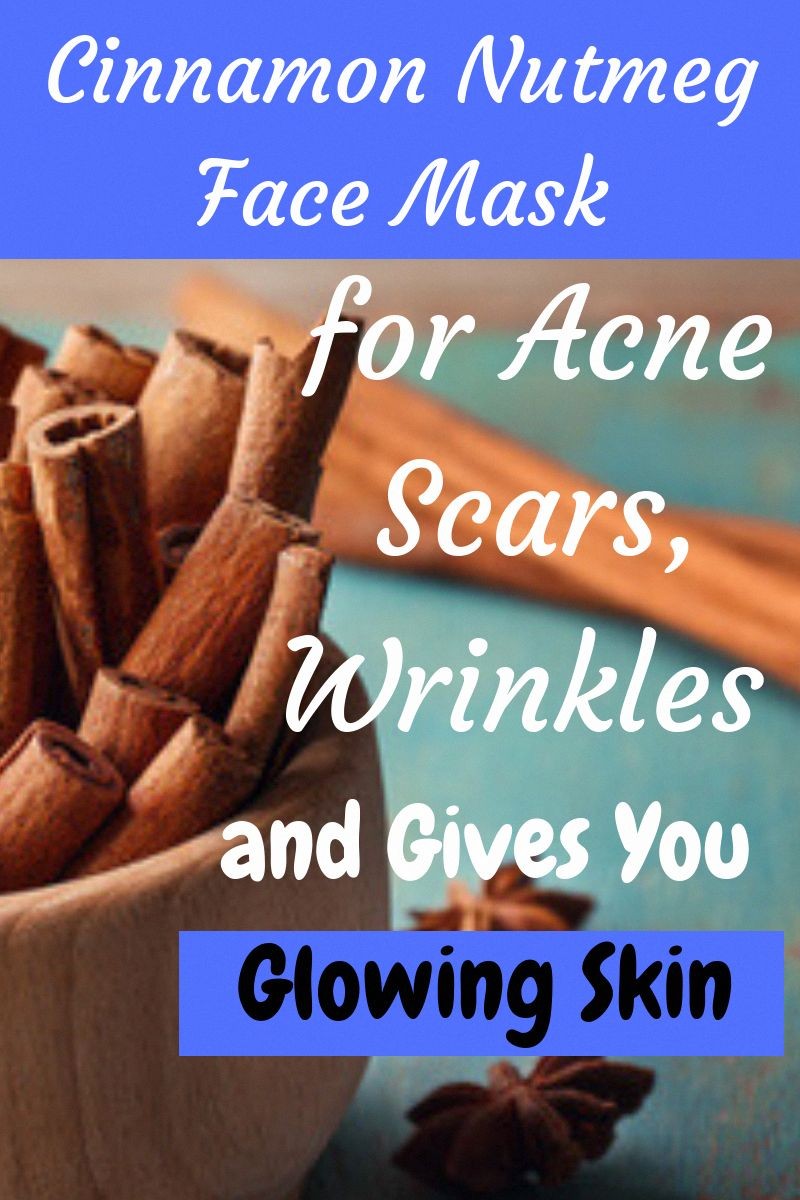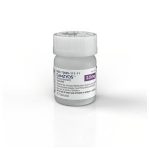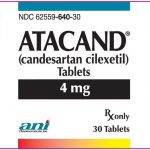
Contents
Cinnamon for Skin: Lighten Dark Spots and Look Younger
Cinnamon is an aromatic spice used in dishes and homemade skincare remedies worldwide. Ceylon cinnamon extract can boost collagen synthesis, reducing signs of aging like wrinkles.
Cinnamon is multifunctional as a flavor enhancer and antioxidant in cosmetic products. Discover the skin benefits of cinnamon and how to incorporate it into your skincare routine.
Cinnamon is derived from the bark of Cinnamomum trees. The most common variety, from the Cinnamomum cassia tree, is found in grocery stores and used in food. Ceylon cinnamon, from the Cinnamomum verum tree, is native to Sri Lanka and has a higher polyphenol content.
Cinnamon contains polyphenols such as flavonoids, cinnamic acid, and cinnamaldehyde, which have anti-inflammatory and antioxidant properties. These compounds protect against infections and free radicals that damage skin.
However, cinnamon can be controversial as a skincare ingredient due to its potential for irritation. Proper application is essential to avoid adverse effects.
Using Cinnamon for Skin Health
There are two main ways to use cinnamon for skin health:
1. Consuming cinnamon: Ceylon cinnamon is rich in antioxidants and associated with various health benefits. It may lower blood sugar levels, reduce the risk of heart disease, and combat infections. Antioxidants enhance skin health by minimizing free radical damage, which causes premature aging.
2. Applying cinnamon topically: Ceylon cinnamon extract stimulates collagen synthesis and protects against collagen-destroying free radicals. Studies show that cinnamon-based creams improve skin elasticity, hydration, and firmness. Cinnamon may also help reduce brown spots, lighten skin, and minimize hyperpigmentation.
Cinnamon Preparations for Skincare
Cinnamon is available in powder, oil, extract, and gel forms. It is commonly added to face masks and body scrubs. Cinnamon gels are effective for acne treatment, and cinnamon and honey face masks are popular homemade remedies.
Here is a simple recipe:
- Mix two tablespoons of honey with half a teaspoon of cinnamon powder.
- Apply the paste to your face or individual blemishes.
- After 30 minutes, rinse with lukewarm water and pat dry gently.
Prior to using this remedy, conduct a patch test to check for any allergic reactions or skin irritation. Use high-quality, pure, and organic ingredients for optimal results.
Risks of Using Cinnamon for Skin
Cinnamon may cause allergic reactions when consumed or applied topically. Symptoms include tingling, stomach ache, itching, wheezing, and difficulty breathing. Skin reactions can include burning, redness, irritation, rashes, and skin discoloration.
In severe cases, cinnamon essential oil can cause severe irritation and burns. Discontinue usage immediately if any symptoms occur and seek medical attention, even for mild reactions.
Perform a small patch test before using cinnamon products or cosmetic preparations. Apply a small amount to your inner forearm, wait for a day, and check for negative reactions or harmful changes like redness, rashes, or irritation.
Cinnamon has beneficial properties for skincare, but it may not be suitable for everyone. Seek expert advice and exercise caution when adding new products to your skincare routine.
Sources:
Biomedical Research and Therapy: "Efficacy of topical cinnamon gel for the treatment of facial acne vulgaris: A preliminary study."
BMC Complementary and Alternative Medicine: "Medicinal properties of ‘true’ cinnamon (Cinnamomum zeylanicum): a systematic review."
Cell Transplant: "Fighting against Skin Aging."
Clinical Nutrition: "Cinnamon: A systematic review of adverse events."
Dermatitis: "Cinnamon spice and everything not nice: many features of intraoral allergy to cinnamic aldehyde."
Eplasty: "Chemical Burn From Cinnamon Oil."
Evidence-Based Complementary and Alternative Medicine: "Cinnamon: a multifaceted medicinal plant," "Skin ageing: natural weapons and strategies."
Health Care Asia: "27 Amazing benefits of cinnamon for skin, hair and health."
International Journal of Cosmetic Science: "Preparation and characterization of herbal creams for improvement of skin viscoelastic properties."
International Journal of Food Science: "The Effect of Different Amounts of Cinnamon Consumption on Blood Glucose in Healthy Adult Individuals."
Journal of Agricultural and Food Chemistry: "Cinnamon extract promotes type I collagen biosynthesis via activation of IGF-I signaling in human dermal fibroblasts," "Differentiation of the four major species of cinnamons (C. burmannii, C. verum, C. cassia, and C. loureiroi) using a flow injection mass spectrometric (FIMS) fingerprinting method."
Journal of Clinical and Aesthetic Dermatology: "Diet and Dermatology: The Role of a Whole-food, Plant-based Diet in Preventing and Reversing Skin Aging-A Review."
Nutrients: "Diet and Skin Aging—From the Perspective of Food Nutrition."
Pharmaceutical Biology: "Topical application of Cinnamomum hydroethanolic extract improves wound healing by enhancing re-epithelialization and keratin biosynthesis in streptozotocin-induced diabetic mice."
Phytotherapy Research: "Antiinflammatory Activity of Cinnamon (Cinnamomum zeylanicum) Bark Essential Oil in a Human Skin Disease Model."


